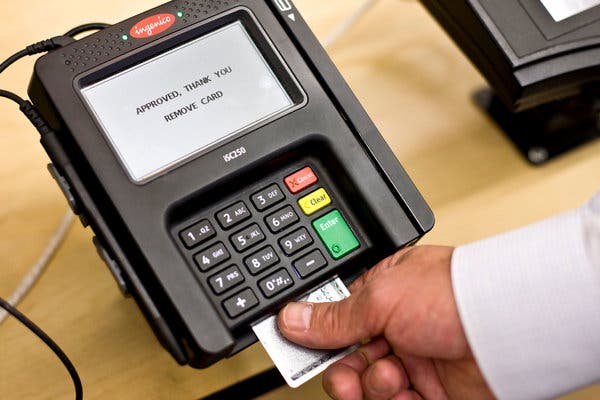In various industries and business operations, the need for efficient and confidential small payment cash verification processes is critical. Small payments, often referred to as petty cash transactions, are commonplace and can accumulate rapidly. It is crucial for organizations to ensure that these transactions are accurately accounted for and remain confidential to maintain financial integrity and security. Efficiency is paramount when it comes to cash verification for small payments. The traditional manual method of tracking and verifying petty cash transactions can be time-consuming and prone to errors. However, modern businesses are turning to automated systems and digital platforms to streamline this process. Automated cash verification systems utilize technology to quickly and accurately process small payment transactions, significantly reducing the time and effort required for manual verification. These automated systems often integrate with point-of-sale (POS) systems, cash registers, or mobile payment applications, capturing transaction data in real-time. This data is then reconciled and cross-verified against established records and financial information. The efficiency of these systems not only saves time but also minimizes the risk of human error, providing a reliable and accurate verification process.

Confidentiality is equally critical when dealing with cash transactions, regardless of the amount. Small payments may seem insignificant on an individual basis, but collectively they can represent a substantial portion of a company’s finances. Ensuring the confidentiality of this information is vital to prevent any potential misuse or unauthorized access. Automated systems often come with robust security measures, including encryption and access controls, to protect sensitive financial data. Furthermore, these systems limit access to authorized personnel, maintaining the confidentiality of cash verification processes. Access to financial records and transaction data is restricted to designated individuals, enhancing security and preventing unauthorized viewing or manipulation of financial information and try this out https://www.moneylife365.com/. Additionally, audit trails and logs provided by automated systems offer a transparent overview of who accessed the information and when, further enhancing confidentiality. These digital footprints act as a safeguard, allowing organizations to track and monitor all interactions with the cash verification system, ensuring accountability and preventing any potential breaches.
To uphold confidentiality, organizations can also establish clear internal policies and guidelines regarding access to financial data and small payment verification processes. Employee training and awareness programs can educate staff on the importance of maintaining confidentiality and the potential risks associated with unauthorized disclosure. Regular audits and internal reviews can also be implemented to ensure compliance with these policies and to identify any areas that may require improvement in terms of confidentiality and efficiency. These audits provide valuable insights into the effectiveness of existing processes and systems, allowing for adjustments and enhancements to be made as needed. In conclusion, efficient and confidential small payment cash verification is crucial for maintaining financial accuracy, integrity, and security within an organization. Leveraging automated systems and adhering to established policies are effective ways to achieve a streamlined and confidential cash verification process, ultimately contributing to the overall financial well-being of the organization.
